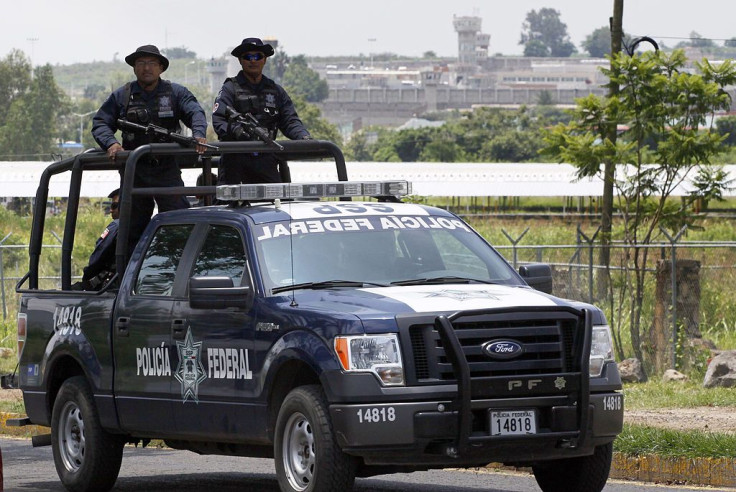
Tortilla shops, longstanding fixtures in Mexican neighborhoods, are now facing increasing threats from cartels as organized crime groups are transforming and expanding its influence across Latin America, according to a new report by the Washington Post.
The National Tortilla Council reports that around 15% of tortillerías, approximately 20,000 businesses, face regular extortion. This represents a significant increase from a decade ago when only a small fraction faced such threats.
Outgoing President Andrés Manuel López Obrador (AMLO), known for his criticism of the U.S.-backed "war on drugs," has focused his security policy on social programs rather than aggressive confrontations with traffickers. Although homicides have declined by 9% during his term, many believe that a more insidious form of crime is spreading. Criminal groups are increasingly focusing on exploiting their own country's resources and embedding themselves within local governments, contributing to violent elections and political instability.
In Mexico, criminal organizations have penetrated various industries. The Environment Ministry estimates that 70% of the country's lumber production is illicit, controlled by organized crime. About 30% of fuel sold in Mexico is either stolen or smuggled, and one in five cigarettes comes from the black market. Extortion has become a significant burden on the economy, with gangs demanding payments from a wide array of businesses.
The economic impact of these criminal activities is substantial. Extortion has contributed to nearly a quarter of the 6% price increase in agricultural goods last year. Revenue from these illicit activities may rival the $12 billion Mexican cartels earn annually from drug sales, with fuel theft alone costing the government approximately $5 billion per year.
This growing criminal influence is also driving migration. Detentions of Mexicans at the U.S. border, including asylum seekers, have tripled since 2019, with many citing violence and extortion as reasons for leaving. A recent poll indicated that 39% of Mexicans would consider migrating to the U.S. irregularly, a significant increase from early 2022.
The shift in organized crime's focus from drug trafficking to extortion and other illicit enterprises began over a decade ago as cartels fragmented under pressure from security forces. Today, numerous smaller gangs vie for control of territories, leading to increased violence and competition.
In Cuernavaca and surrounding areas, these gangs demand protection payments from nearly all businesses, including tortilla shops, which are particularly vulnerable due to their high cash sales.
López Obrador's "hugs, not bullets" policy, which emphasizes social programs over military confrontation, has shown mixed results. While some crime rates have declined, extortion and other forms of organized crime continue to thrive, partly due to weakened local security forces and systemic corruption. The lack of trust in law enforcement and the judicial system further complicates efforts to combat these issues.
As Mexico grapples with these challenges, the influence of organized crime on the economy and society continues to grow, affecting not only the livelihoods of small business owners but also contributing to the broader instability that drives migration and undermines political processes.
© 2025 Latin Times. All rights reserved. Do not reproduce without permission.





